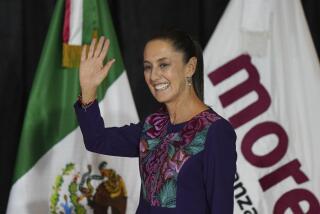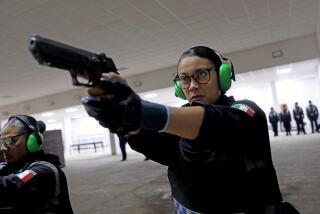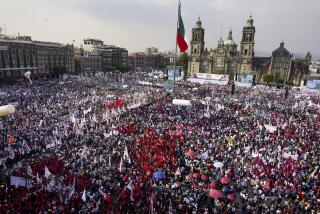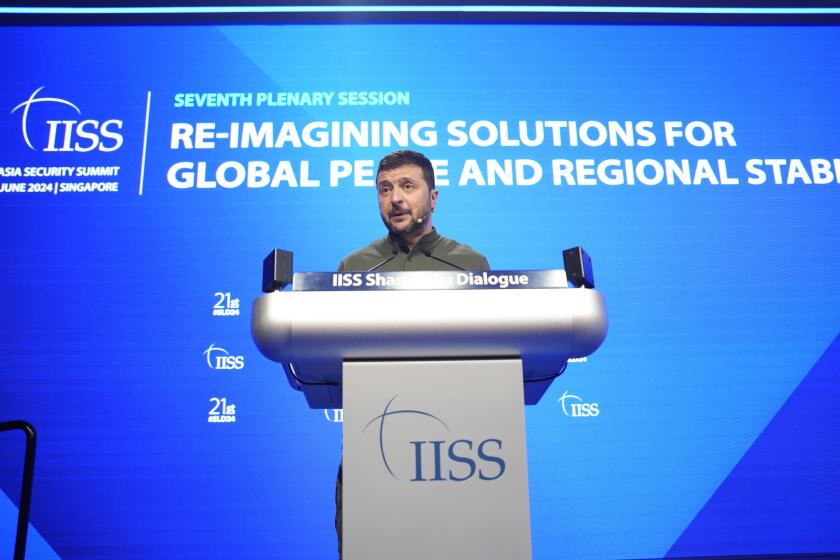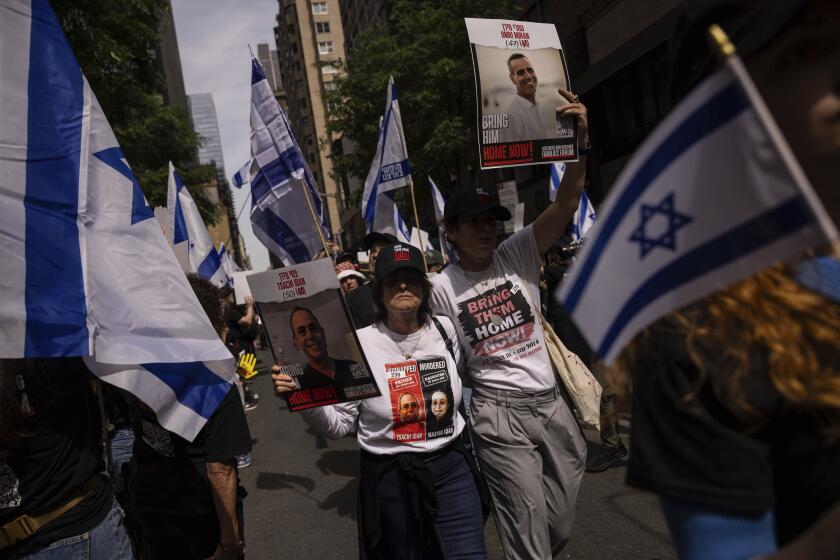Israel: Troubling Questions
There is an extraordinary symbolism to Israel’s decision to try to seal off most of the Arab territories, including portions of Jerusalem itself, that it has occupied since the 1967 war. Those caught in this extreme measure are not only the restive Arabs but also the Jewish settlers whose movement into the territories has so greatly complicated the search for peaceful resolution.
For Israel, the questions are more fundamentally troubling because the violent resistance of the people of Gaza and the West Bank of the Jordan River has now infected the Arab population living within the state of Israel as its boundaries were defined before the 1967 war. Indeed, “Land Day” observances today mark a protest of the Israeli Arabs, recalling those killed in a seizure of Israeli Arab lands by the Israeli government. There is a particular challenge to this, because the Arabs of Israel cannot be so easily sealed off and placed under curfew as those in Judea, Samaria and Gaza.
The security and possibly the survival of Israel as conceived by its founding fathers are at risk. But the leadership of Israel, if it recognizes this, seems unable to respond effectively, hopelessly paralyzed by the impasse in its divided government, devoid of creative leadership.
The use of force need not be Israel’s only reponse now. Secretary of State George P. Shultz has contrived an alternative. It may be belated. It may not be original. It may not work. But it appears to be the only development with any prospect of quieting the disorders. It warrants a fair and complete exploration.
The secretary of state will return to the Middle East next week to renew his efforts, and so he should. He faces a hostile Palestinian population, but he may have helped to encourage a more constructive response with his quiet and correct meeting on Saturday with two distinguished American Palestinians. He faces the animosity of Israeli Prime Minister Yitzhak Shamir, who has criticized him at each step of his peace initiative, but some of that resistance may by that time yield in the face of the obvious deterioration of the situation.
We do not know what was said when Shultz met with Edward W. Said and Ibrahim Abu Lughud. But they can play a major role in the process of peace if they can persuade those who claim to speak for the Palestinians to acknowledge the imperative of negotiations--negotiations in the context of the agreed-on U.N. Security Council resolutions, recognizing Israel’s right to survival but also the rights of the Palestinians. The peace impulse of many Israelis has been frustrated time and again by the unwillingness of Arabs to negotiate on that basis.
But if Shamir remains committed--as he seems to be--to keeping the West Bank and Gaza, occupied in the war almost 21 years ago, there is no point to negotiations, and there will be no success for Shultz in his new initiative. Then there will be the painful adjustment to permanent insecurity. And, for the friends and allies of Israel, questions about what it is that they are prepared to support, and what it is that they are not.
More to Read
More to Read
More to Read
Start your day right
Sign up for Essential California for news, features and recommendations from the L.A. Times and beyond in your inbox six days a week.
You may occasionally receive promotional content from the Los Angeles Times.
